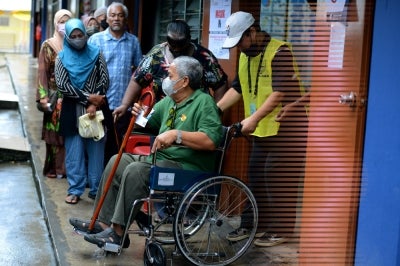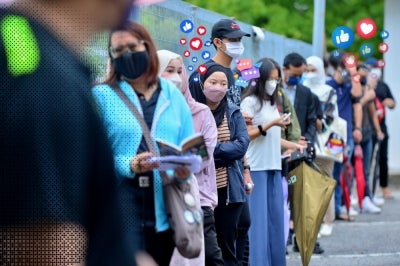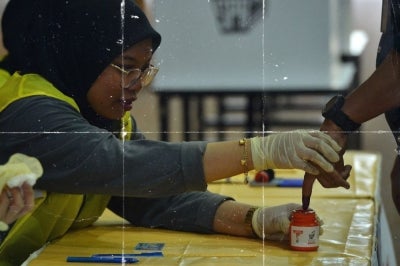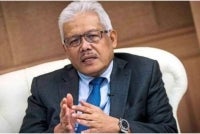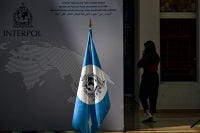Unverified facts in political speeches endangering Malaysian democracy - Analyst

SHAH ALAM – In a thought-provoking discourse on the current state of political information dissemination, a senior lecturer at Universiti Tunku Abdul Rahman has raised significant concerns about the impact of misinformation, especially among young voters and rural communities.
Highlighting the perils of unverified facts in political speeches, Afi Roshezry Abu Bakar stressed the dangerous trend of politicians fabricating or distorting facts, which often mislead the youth.
"Youngsters, influenced by MPs, often take these statements at face value, not questioning their veracity.
"This issue is particularly concerning, given the influence of such misinformation on new voters, including those under 18," the political science lecturer said.
His comments came amid Pas women's wing deputy chief who stood by her claims against DAP chairman Lim Guan Eng at a recent political rally, including that of cousinhood between his father, DAP veteran Tan Sri Lim Kit Siang, and the late Communist Party of Malaya leader Chin Peng.
The Kepala Batas MP also alleged that a number of DAP leaders were blood relations of the "Lim" family.
She also alleged that Kit Siang and his son Guan Eng were also cousins of late Singapore prime minister Lee Kuan Yew, and that Seputeh MP Teresa Kok was a cousin of Betty Chew, Guan Eng’s wife.
Mastura was questioned by the Federal Police, who classified her alleged statements under the crime investigation unit after police reports were lodged on her Nov 4 ceramah in Terengganu.
On this, Afi stressed the importance of early political education.
"Political knowledge is often only gained at the university level, which is too late.
"We need to start this education from the grassroots," he argued.
This is crucial as social media platforms like TikTok become increasingly influential in shaping the political opinions and decisions of young voters.
His recent study on the impact of political memes, involving 400 respondents, revealed that these can significantly influence voter behavior.
This finding is particularly relevant for those in rural areas, who may lack access to diverse information sources and are thus more susceptible to misinformation.
"In rural areas, there's a communication gap and a lack of information, making residents vulnerable to manipulation," Afi added.
Reflecting on the recent state elections, he noted how accusations and misinformation were rapidly accepted as facts, citing Machiavelli's principle of 'the end justifies the means'.
"Lawmakers must not disseminate vague information under the guise of fact to gain or maintain power," he warned.
Authorities must be firm
Afi also called for government intervention to ensure the integrity of political discourse.
Applauding the efforts of Prime Minister Datuk Seri Anwar Ibrahim, he urged the government to take firm, non-populist measures to curb misinformation.
"Strict government action is essential, even if it's unpopular, to foster a politically educated society," he concluded, stressing the long-term consequences of neglecting this issue.
Download Sinar Daily application.Click Here!



